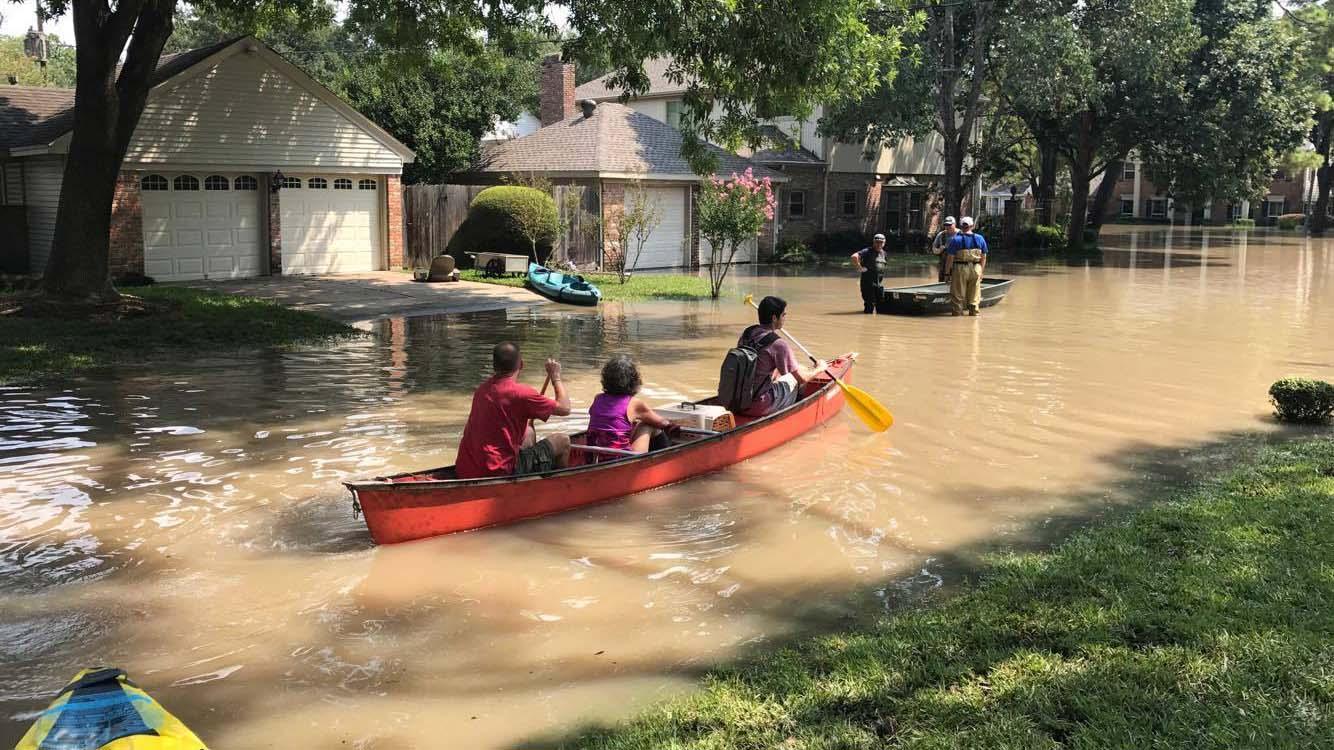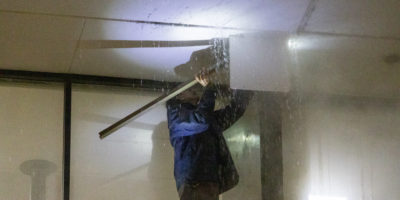By Nicole Brumley
When third-year business management student Jaya Blake Sawhney’s grandparents left Cuba before the hurricane, their house was standing upright. Now, as the water subsides and the raging winds blow still, they realize their home was taken with the storm.
“They don’t have a place to go back to,” Sawhney said.
Hurricane Irma, one of the strongest hurricanes ever recorded, swept through the Caribbean as a category five storm. At least 40 people were reported dead with causalities in countries including Cuba, British and U.S. Virgin Islands, St. Maarten, Puerto Rico and Barbuda. The Caribbean Students’ Association (CSA) at Ryerson held a moment of silence during their event on Thursday to pay respect to the lives lost.
Sawhney attended the CSA event and said her grandma broke down in tears when she got word from Cuba that her home was “completely destroyed.” She said her grandparents are unsure of when they will be able to return because they have only two choices—rebuild or relocate.
As the attention around hurricane Irma begins to subside, Caribbean families are left with a stark reminder of their vulnerability to withstand and pick up after the destruction of natural disasters.
“That dialogue needs to keep going because it seems that the people that always need it the most never get the help or never get enough publicity about it,” Sawhney said.
Christina Smith, CSA artistic director and third-year professional communication student, said she had to wait about a week to find out if her uncle in the British Virgin Islands survived Irma’s wrath.
“We were watching the news and we heard that five people in the island died. We were thinking he hasn’t contacted us, could he be one of the five?” Smith said.
After travelling some distance to find a working phone, Smith said her uncle was able to confirm he was OK. He lost his car, but his home was fortunately saved. Smith said her uncle is unable to return to H. Lavity Stoutt Community College where he works as a mathematics professor at one of the only colleges on the island.
As recovery efforts across the Caribbean region are initiated, Smith said it is important to remember those with less resources who find it harder to carry on.
“We have to give recognition and we have to give support to the Caribbean people … they don’t have the resources that a wealthy country like the U.S. has so recovery ends up taking much longer,” she said.
More than 80 people were reportedly killed during Hurricane Harvey which made landfall in Texas on Aug. 25. Rebecca Williamson, a third-year professional communication student, said her entire immediate family was forced to evacuate their home in Houston. They were rescued by boat when the water started to rise.
Williamson said her family updated her through texts while she was on campus but at times, she had no idea what was going on.
With waters rising past their kitchen counter tops and beds, Williamson said her family neighborhood was one of the areas more badly hit.
“I’ve lived there for the last 17 years … it really breaks my heart,” she said.
Although her family has started ripping out flooring and walls to salvage what is left of their home, Williamson said some things simply cannot be replaced.
She said one of the worst parts was saying goodbye to almost all her sentimental childhood toys which were taken by the storm.
All families affected by the recent hurricanes deserve to look forward to brighter days. Unfortunately, for more vulnerable regions in the Caribbean, this recovery goal is almost nowhere in sight. As flood levels subside and the attention on the region slowly fades, let us be mindful and assertive in helping families that find it harder to look beyond the tragedy of the storm.
To donate to relief efforts for Hurricane Irma, Harvey and others, visit the following links:
Heart to Heart International: http://www.hearttoheart.org/hurricane-season/
Helping Hand for Relief and Development: https://hhrd.org/irma












Leave a Reply